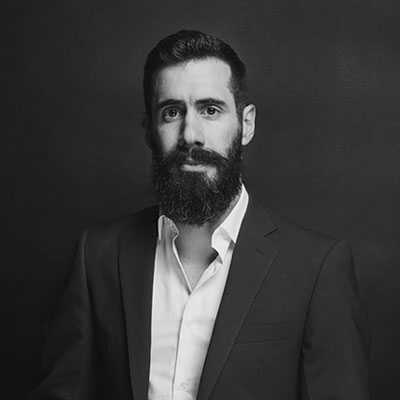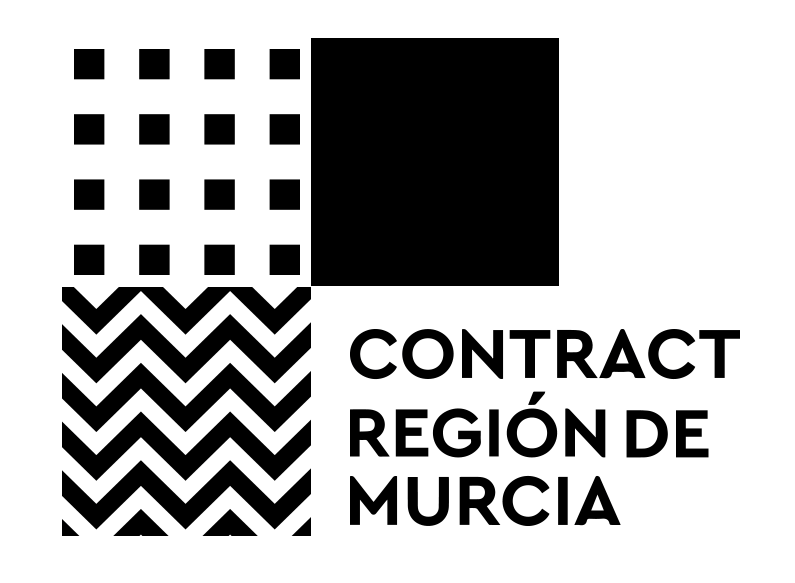
Webinar Conclusions: Prepared for the Opportunity, by Marco Rodolfo Praga
1/6/2020
Webinar Conclusions: Prepared for the Opportunity, by Marco Rodolfo Praga
Within the framework of the Plan Contract Región de Murcia last April 7, promoted by UNEX in collaboration with other national and international organizations, the 1st International Webinar Contract was held: “Prepared for the Opportunity” in which the Architect Marco Praga participated contributing his vision of rethinking the needs of people and what is the basic problem? A few weeks after the webinar Marco shares with us this post where he tries to provide an updated reflection on the topics that were discussed.
Cities and buildings have been thought out and designed around our needs and customs. But if they change, they must change too. Today, among many (like lack of hugs), the first problem of distance is transportation and attending to basic needs that do not have a clinic within an immediate distance.
It is a momentary change of habits (because this situation is transitory) that has forced us to modify our daily routine, and somehow question the cost-benefit ratio of how we behave on a daily basis. For some time now, different solutions that we know as mixed uses have been integrated into the urban profile. These models of groupings and buildings that integrate different activities, ideally complementary, have helped us to improve projects and the conditions of daily life from many points of view: comfort, experience, profitability and the amortization of spaces through their flexibility.
However, in spite of being very aware of its benefits, and of being very clear about them, we have not yet been able to achieve that this same way of thinking is transmitted to the way we make the city, at least in an integral way. Imagine if today, in this situation of distance and reclusion, instead of living in the city as we do, we had it organized in small urban centers that were self sufficient and that allowed each one of us to accommodate ourselves and be self-sufficient “locally”, minimizing the need for travel. How many benefits would we have organized in a kind of summation of communities that would allow our life to continue more normal and without so much economic impact. Not only now, but forever. Technologies already allow us to communicate and work at a distance. We would need to travel more sporadically, and probably mostly for recreational purposes. But to be successful in implementing it, we have to be flexible and work by alternating the vision between the macro and the micro. We also have to look at the small realities and integrate the routines between these two visions so that each is an extension of the other.
Today more than one will have seen a friend turn his or her home or garage into a gym, office, workshop or school. This leads us to think about how much we can rethink the problems of the architectural program when thinking about projects. What do you really need in your house? How flexible or transformable can the spaces be? What things really add value today to the real estate product and the life of the user? We have to stop, breathe, and really think about what we need. Living in confinement should not lead us to design a world to be isolated, but a world where we never need to be again.

MARCO RODOLFO PRAGA
Managing Partner for South America of GVA
Born in Buenos Aires and graduated from the University of Belgrano (Buenos Aires, Argentina), Marco Praga is Managing Partner of GVA arquitectura integral, a firm of Mexican origin that is positioned as one of the largest in Latin America. During his professional career he has worked in projects all over South America, USA, some regions of Europe and Asia, and has worked as a consultant for Hotel projects together with his partners at BIEI Business Strategy & Development. He is currently a regular speaker at the Colombian Society of Architects events. Since 2013 he has been living in Colombia in charge of the Bogotá office and the South American projects. He is currently in charge of the development of urban planning, mixed-use, hotel, residential and office projects, among others, throughout the region.


